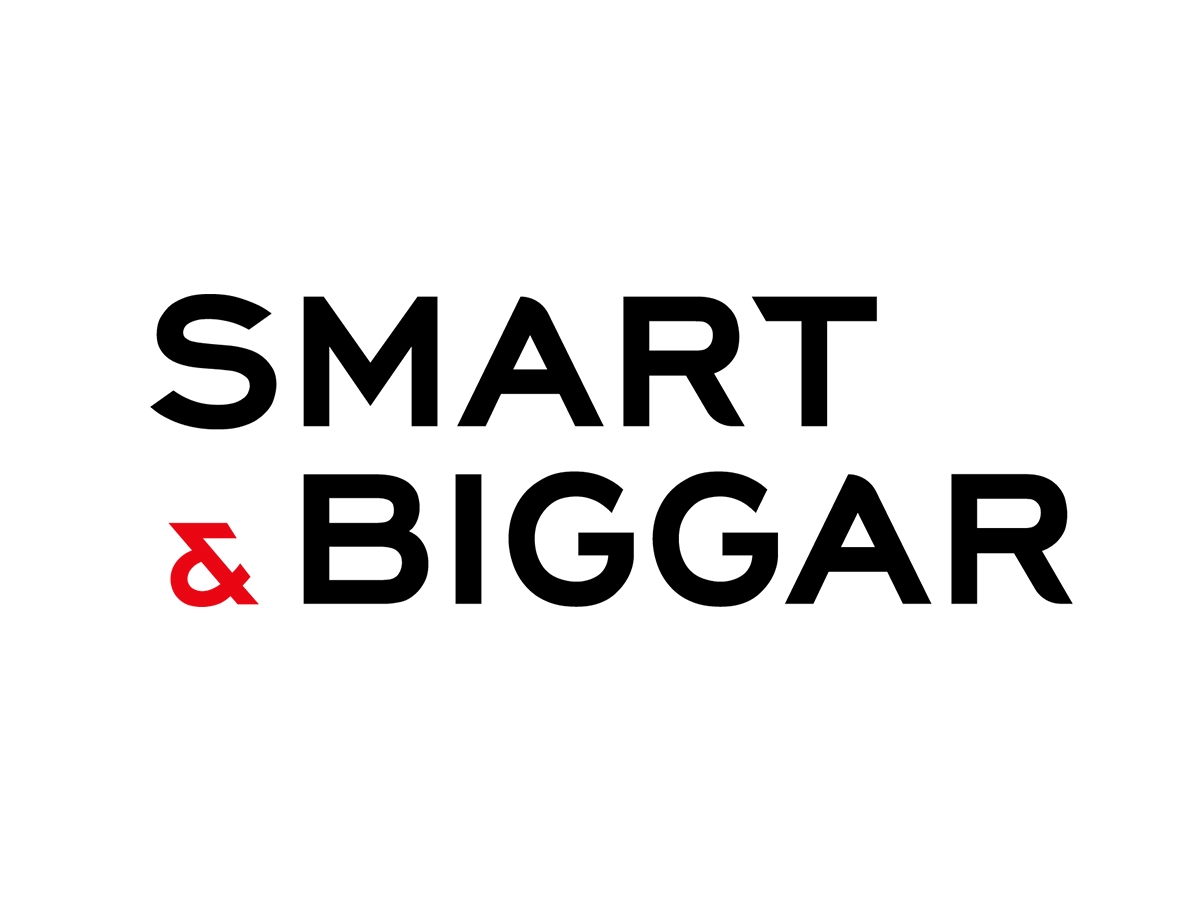Recent Federal Circuit Decision Clarifies Blue & Gold Waiver Rule | Venable LLP
Protesters and other litigants before the U.S. Court of Federal Claims have long encountered the complexities of jurisdiction under the Tucker Act. The Tucker Act, 28 U.S.C. § 1491, is the statute granting jurisdiction to the Court of Federal Claims. It has a long and storied (some would say confusing and complex) history of disputes about what should and should not be before the court. While some may view these issues as “interesting,” they are critically important to potential litigants, because the court’s jurisdiction is statutory, unlike that of federal district courts, which are authorized by Article III of the Constitution.
In a recent decision, the Federal Circuit addressed one of the more arcane but relevant jurisdictional issues—Blue & Gold waiver. In M.R. Pittman Group, LLC v. United States, Case No. 2021-2325, __ F.4th __ (Fed. Cir. 2023), the Federal Circuit held that a Blue & Gold waiver is not jurisdictional. As a result, this decision clarifies and simplifies an area of motions practice in bid protests before the court.
I. The Blue & Gold Waiver Rule
The term “Blue & Gold waiver” comes from Blue & Gold, Fleet, L.P. v. United States, 492 F.3d 1308 (Fed. Cir. 2007). In that case, the Federal Circuit addressed a post-award protest ostensibly challenging the evaluation of the awardee’s proposal that, in reality, challenged patent ambiguities in the terms of the solicitation. As most contractors familiar with GAO protests know, failure to protest the terms of a solicitation prior to bid opening or the deadline for receipt of proposals will be deemed untimely. See 4 C.F.R. § 21.2(a)(1).
The Court of Federal Claims agreed with the defendants, and the Federal Circuit affirmed, holding that “a party who has the opportunity to object to the terms of a government solicitation containing a patent error and fails to do so prior to the close of the bidding process waives its ability to raise the same objection afterwards in a § 1491(b) [Tucker Act] action in the Court of Federal Claims.”
II. Effects of Blue & Gold
The Blue & Gold waiver rule had a significant impact on bid protest practice before the Court of Federal Claims. Defendants (both the United States and intervenors) filed motions to dismiss arguing that certain post-award protests really sought to challenge solicitation improprieties. The rub, however, was whether these motions to dismiss—and any subsequent dismissal order—were due to a lack of subject matter jurisdiction by the court or simply a waiver of a plaintiff’s protest ground.
This distinction is important to motions practice before the Court of Federal Claims. A 12(b)(1) or 12(h)(3) motion to dismiss is jurisdictional—the court lacks subject-matter jurisdiction and therefore is incapable of hearing the matter. Put another way, subject-matter jurisdiction is a fundamental requirement, and the absence thereof must result in the dismissal of any case at any time. A 12(b)(6) motion to dismiss alleges that the protester failed to state a claim upon which relief can be granted—the matter may be within the jurisdiction of the court, but the claim itself is defective in some way.
Whether a motion to dismiss is brought pursuant to 12(b)(1) or 12(b)(6) affects what the court may consider when deciding the issue. In a 12(b)(1) motion, courts may review evidence outside the pleadings to determine if jurisdiction exists. In contrast, for a 12(b)(6) motion, courts are generally limited to consideration of the pleadings.
This “lack of clarity regarding the basis for dismissal” has a practical effect on actual practice before the court. SEKRI, Inc. v. United States, 152 Fed. Cl. 742, 754 (2021), rev’d and remanded on other grounds, 34 F.4th 1063 (Fed. Cir. 2022). In SEKRI, the defendant moved for dismissal under 12(b)(1), citing Blue & Gold, but also in the alternative under 12(b)(6), and the plaintiff provided additional evidence to support jurisdiction under 12(b)(1). The court held that Blue & Gold was not jurisdictional, and, because of the lack of clarity under Blue & Gold, it would also consider certain additional materials in its 12(b)(6) analysis.
III. The M.R. Pittman Decision
SEKRI was one of a pair of cases, along with Aero Spray, Inc. v. United States, 156 Fed. Cl. 548, 577 n.43 (2021), where the Court of Federal Claims held that Blue & Gold was not jurisdictional. Now, under M.R. Pittman, the Federal Circuit agrees.
In M.R. Pittman, the Federal Circuit considered an appeal from the Court of Federal Claims where the protest was dismissed under12(h)(3). Importantly, the court dismissed under 12(h)(3) because it held that the Blue & Gold waiver rule was jurisdictional. The Federal Circuit disagreed, however, stating that “the waiver rule articulated in Blue & Gold is nonjurisdictional.” __ F.4th __, 2023 U.S. App. LEXIS 12450, at *8. It explained that the U.S. Supreme court has distinguished between “jurisdictional prescriptions” (i.e., a 12(b)(1)/12(h)(3) motion to dismiss) and “nonjurisdictional claim-processing rules” (i.e., a 12(b)(6) motion to dismiss). The Federal Circuit stated:
We hold that the Blue & Gold waiver rule—which seeks to reduce inefficiencies by requiring an objection to a solicitation be made prior to the close of bidding—is more akin to a nonjurisdictional claims-processing rule since it seeks to promote the orderly progress of litigation by requiring that the parties take certain procedural steps at certain specified times.
As a result, the Federal Circuit reversed the Court of Federal Claims’ dismissal of the protest on jurisdictional grounds.
It is important to note that disqualifying a Blue & Gold waiver argument from use in a 12(h)(3) motion to dismiss did not save the protester—because the Court of Federal Claims did have jurisdiction, the Federal Circuit held that Blue & Gold waiver applied to the protest and therefore dismissal under 12(b)(6) would have been proper. The Federal Circuit affirmed dismissal of the protest, “albeit for failure to state a claim rather than for a lack of subject matter jurisdiction.” Id. at *21.
IV. Practical Considerations
While the fine details of the sometimes esoteric world of motions practice before the Court of Federal Claims might interest only the lawyers and judges involved, these cases do have real-world implications for contractors. Most importantly, they emphasize the need for contractors to carefully review solicitation and raise their hands regarding ambiguities prior to bid opening or the deadline for receipt of proposals. This rule applies to both GAO and Court of Federal Claims protests. Second, M.R. Pittman provides some much-needed clarity—while it cannot save a protest argument that might have otherwise been waived under Blue & Gold, it does add detail to a “party’s procedural obligations.” Similarly, it also means that protesters will not need to defend against both 12(b)(1)/12(h)(3) and 12(b)(6) motions to dismiss arguing Blue & Gold waiver. This is helpful because, as explained above, they have different standards of review and allowable evidence.
Jurisdictional issues under the Tucker Act at the Court of Federal Claims have always presented challenges. The M.R. Pittman decision is one step—albeit a small one—in addressing them.






